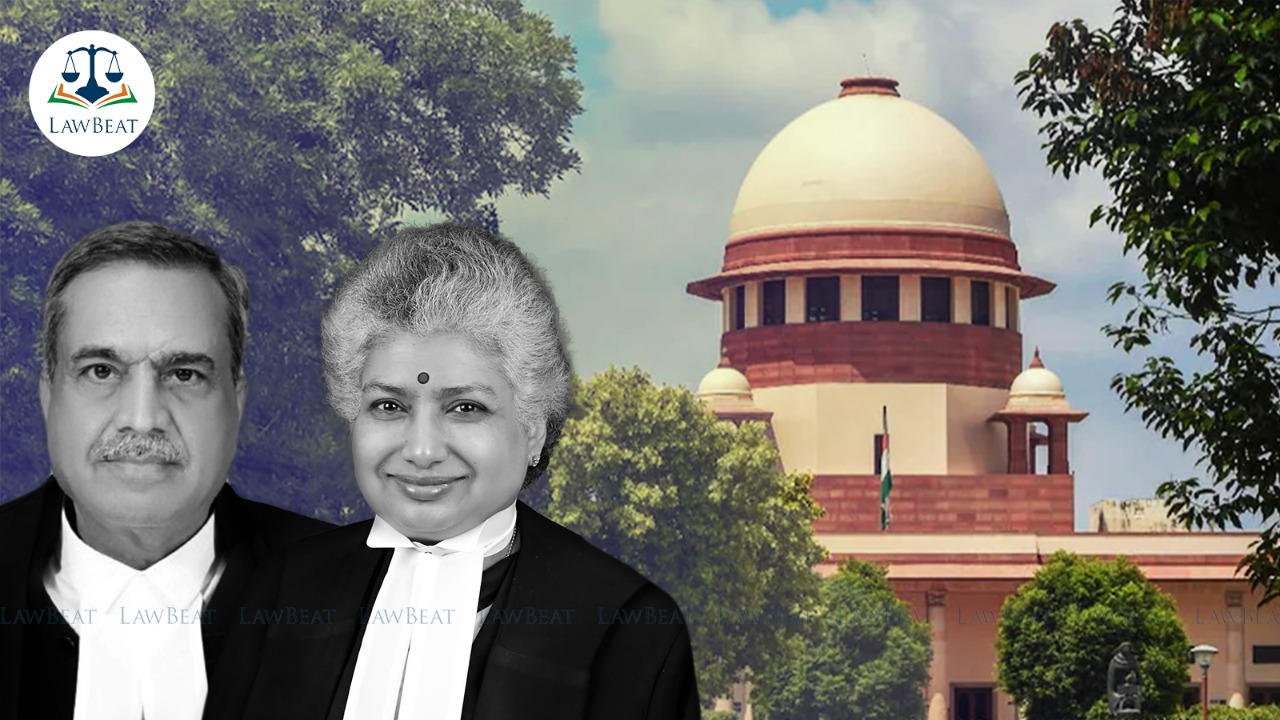Pension is a 'continuous cause of action': Supreme Court partially allows plea against Bombay HC order denying pension arrear

The Supreme Court has recently observed that the pension is a continuous cause of action. Court held that there was no justification at all for the Bombay High Court to deny the arrears of pension to the petitioner.
The Judgment has been passed in a plea challenging order of the Bombay High Court at Goa which had held that the petitioners ought to have been superannuated/retired at the age of 60 years instead of 58 years, however, it had refused arrears of pension to the petitioner.
The petitioner was retired by the Goa Government at the age of 58 years instead of at the retirement age, which is 60 years. The action of the State Government was challenged before the High Court.
The Apex Court after hearing arguments of Advocate Rahul Gupta, appearing for the petitioners, and Advocate Ravindra Lokhande for the State of Goa opined that the High Court erred in observing that the appellant will not be entitled to any arrears of pension and the pension at the revised rates will become payable only from January 1, 2020.
Partially allowing the plea before it, a bench of Justice MR Shah and Justice BV Nagarathna further observed that the High Court may be right or justified in denying any salary for the period of two extra years to the petitioners if they would have continued in service, on the ground of delay.
However, over the issue of denying arrears of pension, it held that as far as the pension is concerned, it is a continuous cause of action. "There is no justification at all for denying the arrears of pension as if they would have been retired/ superannuated at the age of 60 years," Court said.
Stating thus, the bench quashed the High Court judgment to the extent of denying any arrears of pension and holding that the appellant shall be entitled to the pension at the revised rates only from January 1, 2020.
Concluding the judgment, the bench held that the petitioner shall be entitled to a pension at the revised rates from the date he attains the age of 60 years. "Now the arrears accordingly shall be paid to the appellant within a period of four weeks from today (May 20, 2022)," Court noted.
The judgment of the High Court was challenged to the extent of denying the back wages for the period of two extra years and observing and directing that petitioner will not be entitled to any arrears of pension and the pension at the revised rates will become payable only from January 1, 2020.
The High Court, while partially allowing the plea, had held that none of the writ petitioners shall be entitled to any salary/back wages for the period of two extra years they would have gotten in service.
In addition to this, the High Court had also observed, "Though the writ petitioners would be entitled to the pension on the basis that they continued in service until they attain the age of 60 years, they would not be entitled to any arrears of pension and the pension at the revised rates will become payable only from 1st January 2020."
Case Title: Shri M.L. Patil (Dead) Through LRs Vs. The State of Goa and Anr.
